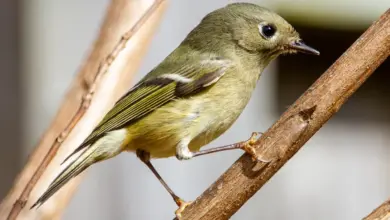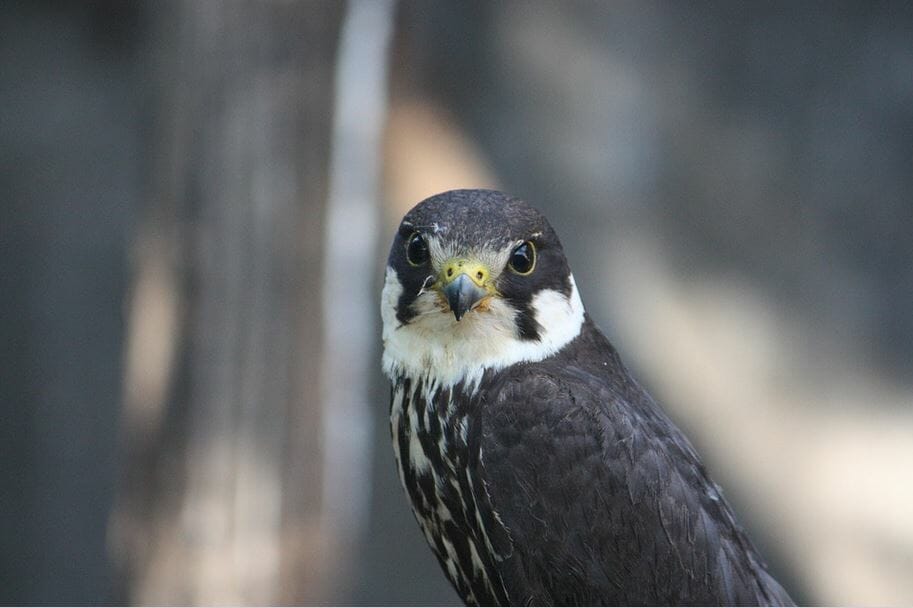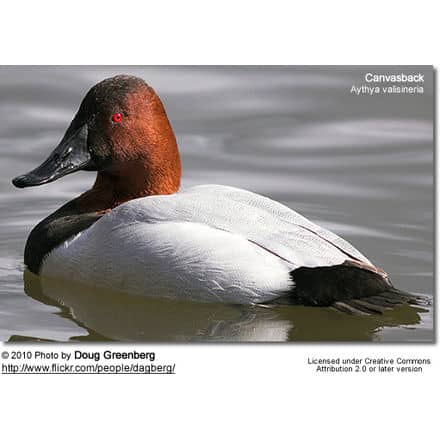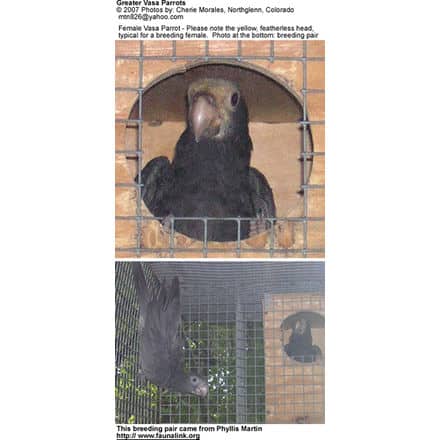Nightingales
The Nightingales (Luscinia megarhynchos), also known as Rufous Nightingale and Common Nightingale, is a small passerine bird that was formerly classed as a member of the thrush family Turdidae, but is now more generally considered to be an Old World flycatcher, Muscicapidae.
It, and similar small European species, are often called chats.
Distribution / Range:
It is a migratory insectivorous species breeding in forest and scrub in Europe and south-west Asia.
The distribution is more southerly than the very closely related Thrush Nightingale Luscinia luscinia.
It nests low in dense bushes. It winters in southern Africa.
Description:
The Nightingales is slightly larger than the European Robin, at 15-16.5 cm length.
It is plain brown above except for the reddish tail. It is buff to white below.
Males and females look alike.
The eastern races L. m. hafizi and L. m. africana have paler upperparts and a stronger face-pattern, including a pale supercilium (line above eye).
Song / Vocalization:
The male Nightingale is known for his singing, to the extent that human singers are sometimes admiringly referred to as nightingales; the song is loud, with an impressive range of whistles, trills and gurgles.
Although it also sings during the day, the Nightingale is unusual in singing late in the evening; its song is particularly noticeable at that time because few other birds are singing. This is why its name (in several languages) includes “night”.
Recent research has shown that the birds sing even more loudly in urban or near-urban environments, in order to overcome the background noise.
The most characteristic feature of the song is a loud whistling crescendo, absent from the song of Thrush Nightingale. It has a frog-like alarm call.
Culture
- The Nightingale is the national bird of Iran.
- In popular traditions, the Nightingale announces the coming of spring, and is a symbol of love.
- The French traditional song The Nightingale Which Flies inspired Tchaikovsky when composing his Humoresque opus 10-2.





